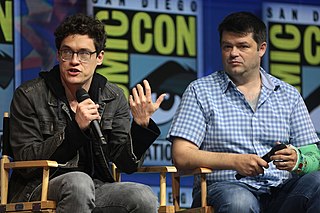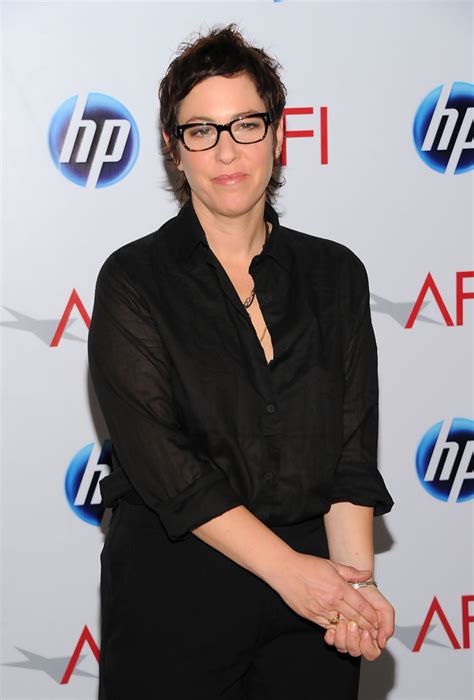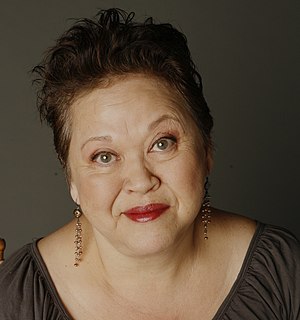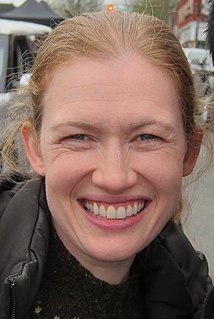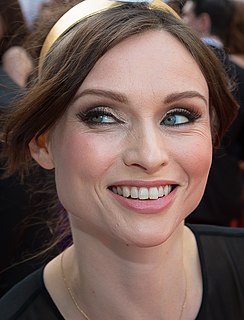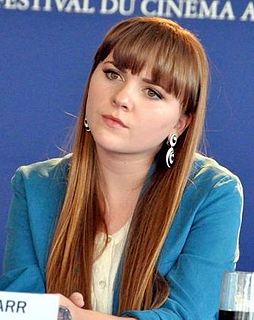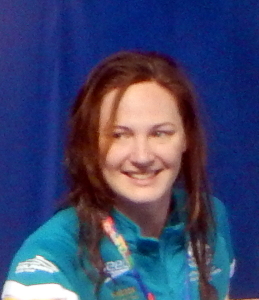A Quote by Christopher Miller
You have antiheroes in dramas, like Tony Soprano. But it's a little bit harder in comedy. You don't see it quite as much.
Related Quotes
I'm proud of everything I've done. If it's comedy, it's 'cause I think it's funny. If it's a drama, it's impactful. I'm leaning towards dramas now because I wrapped a couple comedies in a row. I don't like watching myself, but it's easier on me when I don't have to carry a lot of the comedy. But I enjoy making comedies but dramas come more naturally.
Comedy is lively, comedy is joy, and that's what keeps us [people] going, we've got to look forward to little, little happiness's. Little, little joys, and comedy is very, very important, it's a vital. We underestimate its value, but we should see more comedies. Comedy is life giving, it's invigorating. I really believe it.
I love a good comedy, but the slapstick sitcom belly-laugh sort of comedy - the multicam thing - is not really where my interests lie. I'm very interested in single-cam, in intimate portraits. I like it when comedies have a little bit of realism and a little bit of darkness to them. It makes them more palatable and more relatable and grounded.
I like doing comedy, I like doing drama. Naturally I like to do, I like doing dramas, I like conflict, and when I do a comedy, you know, I've found that, like, romantic comedy is the trickiest one, because often it's neither: it's not romantic and it's not funny. So, like, I like a comedy that's biting. It's biting humor or really quirky humor.
I'm more comfortable writing traditional protagonists. But 'Steve Jobs' and 'The Social Network' have antiheroes. I like to write antiheroes as if they're making their case to God about why they should be allowed into heaven. I have to find something in that character that is like me and write to that.
Having written both comedy and drama, comedy's harder because the fear of failure's so much stronger. When you write a scene and you see it cut together, and it doesn't make you laugh, it hurts in a way that failed drama doesn't. Failed drama, it's all, 'That's not that compelling,' but failed comedy just lays there.
